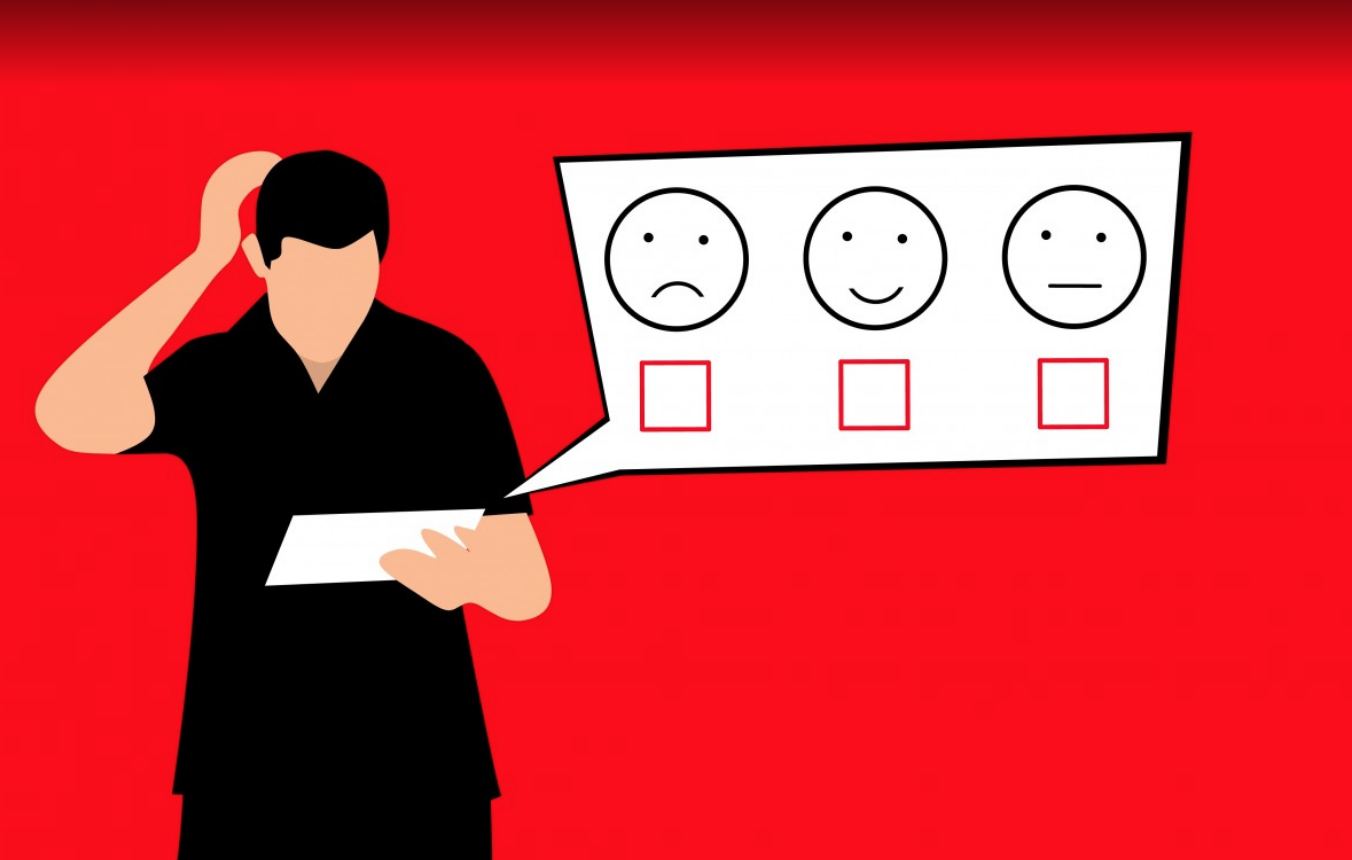Although it’s oftentimes difficult to own up to your mistakes, it’s easy to rectify something you’ve said or done that has hurt someone in your life, like a spouse, a family member, a friend, or, if you’re still in school, a classmate. Once forgiven, these moments become a part of your past, the slate can be wiped clean, and everyone can move on.
But this isn’t how the internet works. When you say or do something stupid or harmful online, it doesn’t just go away. It gets the attention of a larger number of people, and can sometimes spiral so quickly that these mistakes can go viral. But the worst part, however, is that these posts can stick with you forever, even resurfacing online years later to come back and haunt you after you thought the damage was done and forgotten.
Jeff Tinsley tells people that anything you say online can (and will) be used against you at some point in time. Whether you’re trying out online dating or someone is looking to buy something off you on Facebook Marketplace, anything you post online might be run through a fine tooth comb. This can also happen if someone puts something negative out there about you in the form of a review, a screenshot, or whatever it might be.
If this has happened to you, this doesn’t mean that the damage is permanent. When asked if you can reverse the damage that’s been done to your online reputation, Tinsley says, “Yes!” And that’s music to so many people’s ears. He knows this is possible because his platform, MyLife.com, might actually help people do this.
If you’ve taken a misstep and it’s damaged your reputation, there are steps you can take to restore it. Doing so takes time and effort, but is well worth the investment.
Assess the damage that’s been done.
Before you can start to repair the damage, you’re going to need to do a deep-dive into just how bad it is. Will this be hard? Of course, but it’s the only way to move towards fixing it. Google yourself and see what comes up. Maybe through searching, you’ll get lucky and realize that the damage is very minimal and shouldn’t require a significant amount of attention. Or maybe your hold-my-beer-and-watch-this-moment went viral, which would demand a lot more effort.
Make notes of what you found and where you found it. This will help you outline the path you need to take to get things back on track. Jeff Tinsley also believes that archiving these moments will create a reference point you can look back on to see your progress over time.
Find opportunities to reverse the negativity.
If something you said was taken out of context, explain your side of the story. If something you said really crossed a line, take the time to write out a heartfelt apology.
Some people’s automatic reflex is to try and delete the picture or post that attracted the onslaught of negative attention they’ve been receiving, but, as mentioned before, this isn’t possible. Not only do negative posts tend to get reposted or screenshotted, trying to delete something without owning up to it just makes you look all the more guilty.
In today’s digitized world, transparency is everything.
Bury the negative by promoting positive information.
Fortunately, search engines prefer new data to old information. As such, you can try and bury negative information about you under an avalanche of positive press. Start volunteering and post about it on Facebook. Start an Instagram account about one of your hobbies. Do whatever you can to become the Mother Teresa of online reputations. This doesn’t mean, however, that you should make up a version of yourself that’s false. Jeff Tinsley tells people that it’s still important to be authentic, you’re just painting the positive narrative of yourself that you want everyone to see.
As an increasing amount of positive information finds its way online, it will slowly begin to push the older, negative information about you further down the search results page. You may not be able to make the bad stuff go away completely, but you can make it harder to find. If it does come up, it will hopefully look like one moment of poor judgment amidst a sea of positive vibes.
Call for backup.
Revamping your online reputation is a big job, and it’s one you may need some help with. A service like MyLife can simplify the task for you. MyLife can provide everyone access to their Reputation Profile which includes a Reputation Score and personal reviews. Ask friends, relatives, and coworkers to leave positive reviews. This can go a long way to making you look good.
Once the damage has been reversed, you need to continue monitoring your reputation and making sure things keep moving in the right direction.
Your online presence and reputation matter and can reach far further than most people imagine. Even if you think things are going well, it’s a good idea to evaluate your online reputation and make sure it’s where you want it. Checking in periodically and monitoring the situation will prevent you from having to scramble to fix a mistake after it’s already started to cause damage.
This is a Contributor Post. Opinions expressed here are opinions of the Contributor. Influencive does not endorse or review brands mentioned; does not and cannot investigate relationships with brands, products, and people mentioned and is up to the Contributor to disclose. Contributors, amongst other accounts and articles may be professional fee-based.

